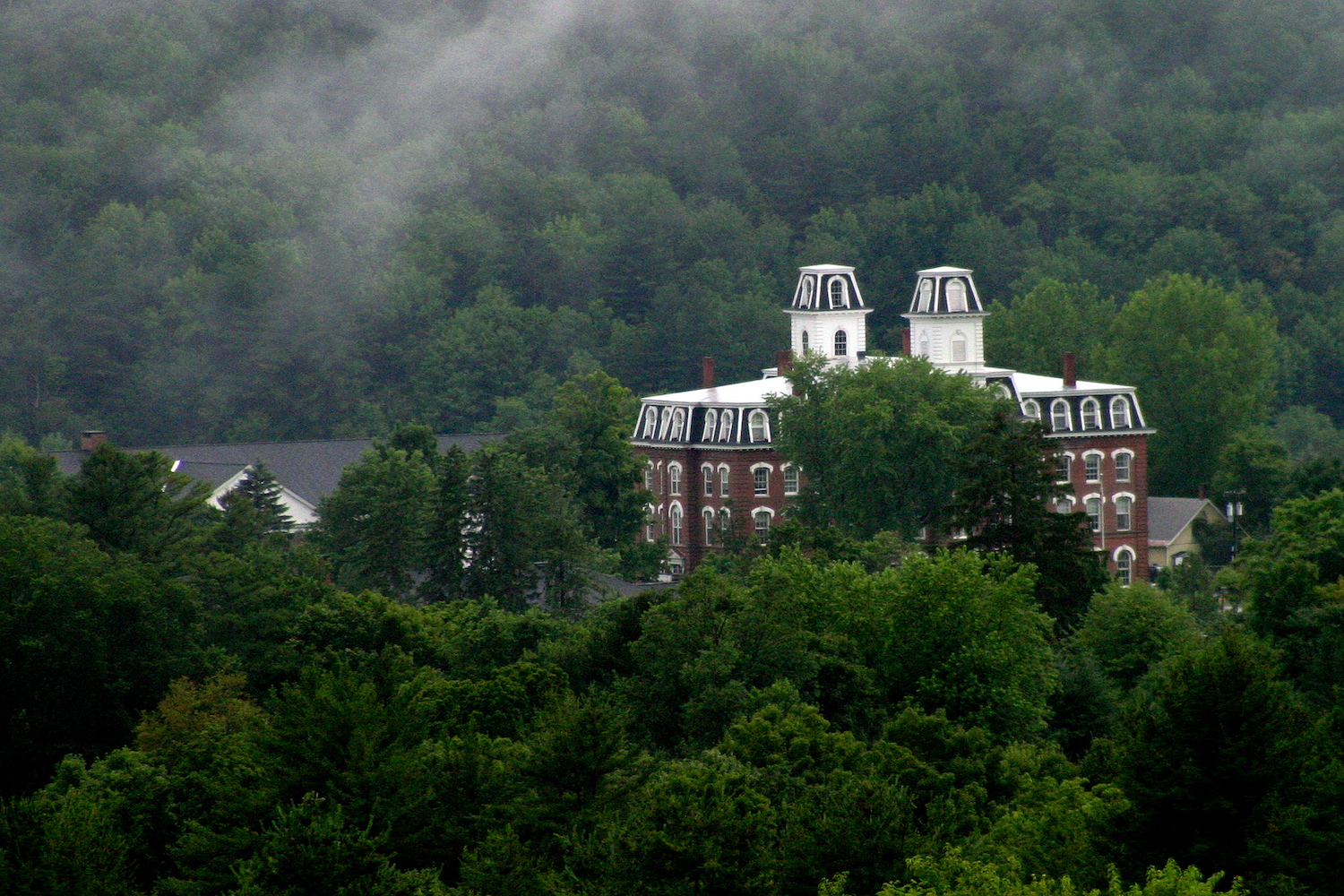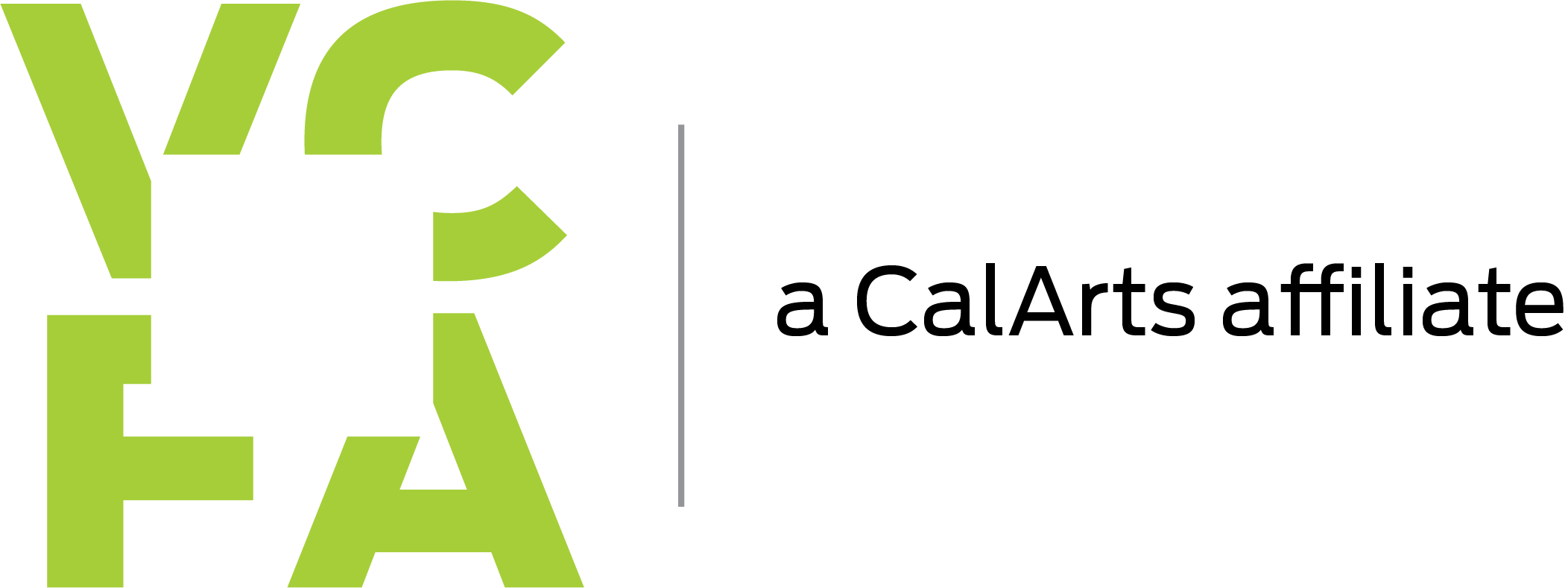VCFA Land Acknowledgment
The administrative offices of Vermont College of Fine Arts sit in N’dakinna [in-DAH-kee-NAH], the ancestral and unceded land of the traditional caretakers of Vermont lands and waters, the Western Abenaki people. As guests in N’dakinna, we recognize the dispossession and invisibilization of Indigenous communities, and their resiliency. We strengthen and celebrate our relationship with N’dakinna by honoring its past and finding our place in its future. We offer our respect and gratitude to the traditional caretakers for their stewardship by seeking to uplift indigenous peoples, cultures, and arts.

In July of 2023, VCFA held its first college-wide residency on the campus of Colorado College. This was an opportunity to reflect on our relationship to land, as a college, and as a dynamic community of artists and educators who now occupy three locations: Montpelier, Vermont, Colorado Springs, Colorado, and Selinsgrove, Pennsylvania.
When in Montpelier, we are in N’dakinna, the ancestral and unceded land of the Western Abenaki people, who have been and continue to be caretakers of Vermont lands and waters. In Colorado Springs, we are in the homelands of the Ute people. And in Selinsgrove, we are on the lands of the Susquehannock nation.
We make these statements to acknowledge that the lands we are on have always been indigenous homelands, and that the dispossession of indigenous nations from their lands is ongoing.
We make these statements as a reminder that we are all connected to the land, to the earth, the water, the air, and to each other.
We make these statements not as an end in themselves, but as a call to actions we can take to support Indigenous people and nations in our home state and beyond.
As individuals, we each have our own relationship to the lands we occupy and to the indigenous stewards of those lands. We support all efforts to continue to learn about the land we live on, the issues facing indigenous people in our home communities, and the actions we can all take toward liberation and justice.

